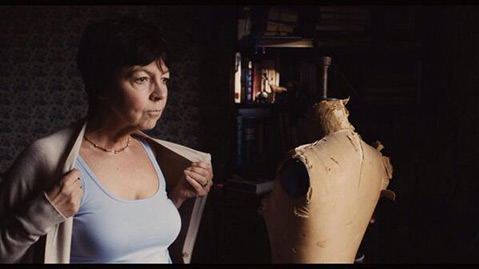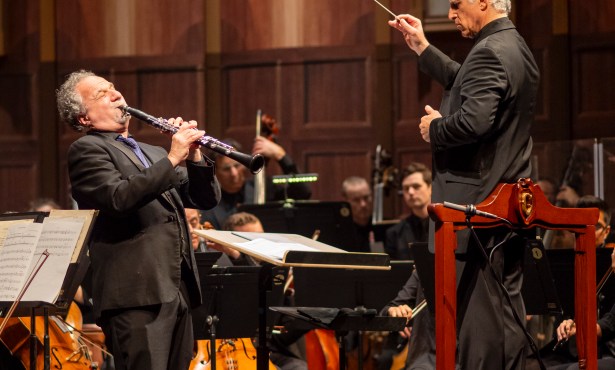Bonobo
Director Matthew Knott

Most studies on primate behavior are from the observational point of view — scientists see how their mammalian societies stack up to our highly evolved human species. But what if people decided the monkeys had got it right and set about living like them? This is the premise — more or less — of Matthew Knott’s racy comedy Bonobo. Set in Britain, a group of folks decide to follow the bonobo’s highly sexualized and peaceful ways. There are pros and cons to this experiment and philosophies and emotions are tested in the process.
Where did you get the idea for this hilarious movie?
I read about bonobos and was fascinated — the idea of a creature so genetically similar to humans, yet so different in its behavior. For a while I wrote about a character studying bonobos, but it was when I hit upon the idea of people actually attempting to live like bonobos that the kernel of the film emerged. I suppose the reason it became a comedy was because of the contradiction between a sexually liberated philosophy and the uptight British characters I enjoy writing.
Did you study the bonobos for this film or did you already know of their peaceful, cuddly behavior?
I read a couple of books, but I wasn’t actually concerned with scientific truth because for me it was always about the idea of bonobos, rather than the reality. I don’t think the commune I created was an accurate rendering of bonobo behavior by any stretch of the imagination, but it’s really about characters who are intoxicated by the notion of what bonobos signify to them, and develop it according to their own agenda.
Although the plot revolves around a free-love/sex commune it seems to also be about retaining one’s zest for life at any age. Would you agree?
Definitely. There were so many versions of this film that could have existed, but for me a natural angle to take on the idea of a sexually liberated commune was to think about who might feel drawn to such a place, and who would feel left out. Judith, the protagonist, is horrified by the very thought of it, and assumes it has nothing to offer her. I don’t think it’s giving away too many spoilers to reveal that she discovers, one way or another, that this is not the case. Society has a tendency to ignore the desires of certain demographics — women of a certain age being one such example — and I wanted to counter that.
Was this your first screenplay credit? How did writing the film compare with directing? Did you have a preference?
This was my first produced feature screenplay, there have been many more that haven’t yet made it to screen! I actually set out to be a screenwriter when I graduated, though I always wanted to direct eventually. I quickly discovered that the best way to get your work produced was to make it yourself, which I started doing with my short films. Now I see both disciplines as part of the same process.



